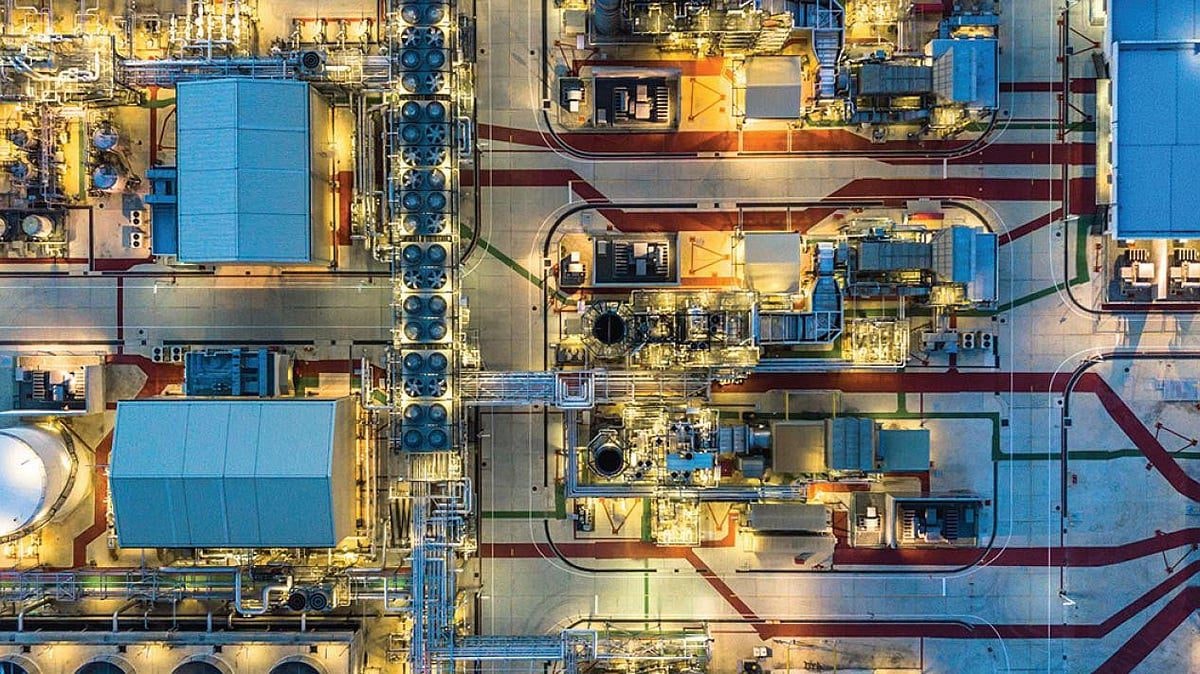US Federal News Bureau
CISA Releases AI Guidelines for Critical Infrastructure Safety
CISA’s new guidelines come just days after the DHS announced the formation of a safety and security board.
Written by: CDO Magazine Bureau
Updated 3:58 PM UTC, Sat May 4, 2024

Representative image. Source: CISA
The Cybersecurity and Infrastructure Security Agency (CISA) recently issued safety and security guidelines for critical infrastructure, which aim to tackle both the beneficial opportunities presented by artificial intelligence (AI) across 16 sectors, including farming and IT and the potential risks of its weaponization or misuse.
“While AI has the potential to deliver transformative solutions for U.S. critical infrastructure, the introduction of AI systems5 into critical infrastructure has the potential to make those systems more vulnerable to critical failures, physical attacks, and cyberattacks. At the same time, AI-powered technologies also present new ways for adversaries to expand and enhance attacks on U.S. systems,” CISA said in the report.
Interestingly, CISA’s new guidelines come just days after the Department of Homeland Security (DHS) announced the formation of a safety and security board.
“Based on CISA’s expertise as National Coordinator for critical infrastructure security and resilience, DHS’ Guidelines are the agency’s first-of-its-kind cross-sector analysis of AI-specific risks to critical infrastructure sectors and will serve as a key tool to help owners and operators mitigate AI risk,” CISA Director Jen Easterly said.
CISA, which comes under the ambit of DHS, advocates for the establishment of systems to assess, analyze, and consistently monitor AI risks and their consequences, employing standardized methods and quantifiable metrics.
These guidelines urge management to promptly address identified AI risks, fortifying safety and security by implementing and sustaining risk management controls to maximize AI system benefits while minimizing negative impacts.
Recently, DHS announced that 22 individuals working in AI have joined its newly introduced Artificial Intelligence Safety and Security Board.
The board will oversee the safe and secure implementation of AI technology within critical infrastructure. It will guide stakeholders and develop recommendations to mitigate AI-related disruptions to vital services.
Notable names include Sundar Pichai, CEO, Alphabet; Sam Altman, CEO, OpenAI; Dario Amodei, CEO and Co-Founder, Anthropic; Satya Nadella, Chairman and CEO, Microsoft; Ed Bastian, CEO, Jensen Huang, President and CEO, NVIDIA; and Arvind Krishna, Chairman and CEO, IBM, among others.



